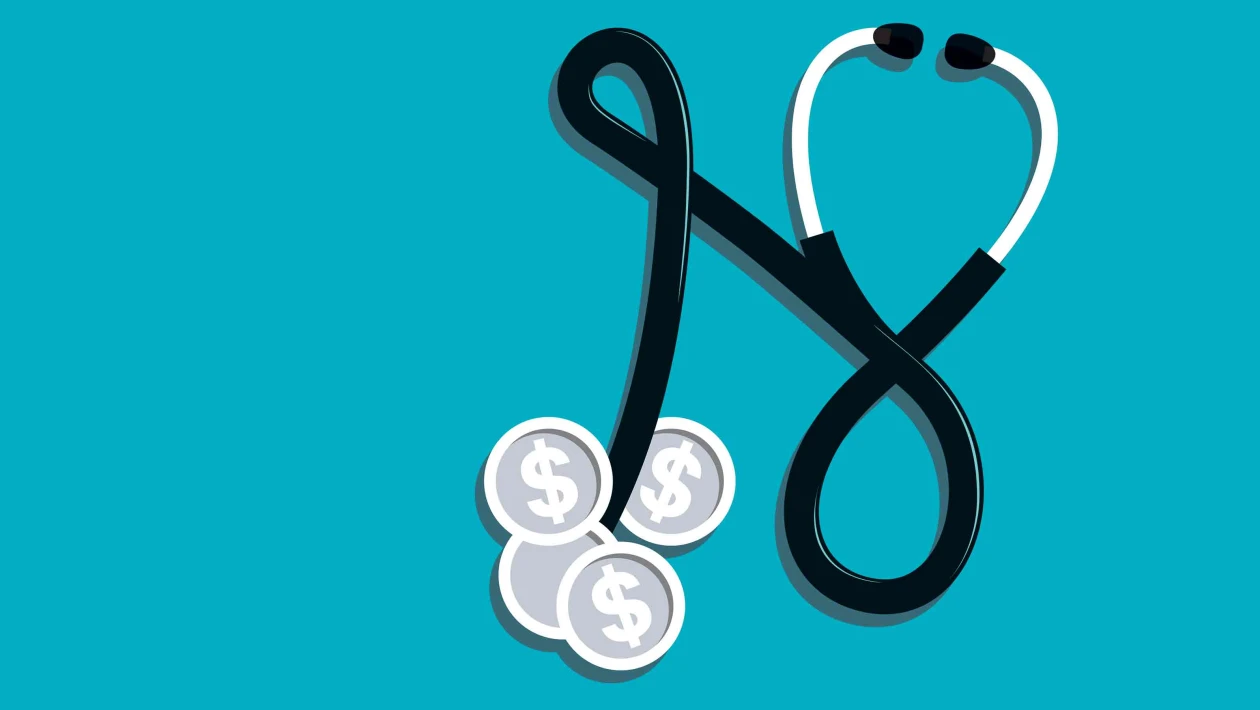How does Health Insurance help in saving taxes and covering Medical Emergencies?
Medical inflation is a quotidian term in the healthcare industry, which is responsible for thriving treatment costs. Moreover, situations like the COVID-19 pandemic may add extra fuel to this inflation. Thus, it is imperative to stay protected and purchase a comprehensive health insurance policy that offers protection against various diseases. These days, you can even save tax with health insurance policies.
Under section 80D Income Tax Act, a person is eligible for deduction in income against all his health premium payments made during the year.
Income Tax deduction for Parents
Under the 80 D Income Tax Act, you can make a claim deduction for your parents. If your wife is also working, she can save tax by purchasing health insurance policies for her parents and making a claim for up to Rs. 50,000. By buying health insurance policies for all family members, you can maximize tax savings deduction benefits.
As per the Income Tax law, by paying premiums for either your single parent or both parents, you can make a claim deduction of up to Rs. 25,000. If your parents are senior citizens (above 60 years), then you can enhance this claim up to Rs. 50,000.
After paying premiums for your purchased health insurance policy for your entire family, let’s take a look at how you can avail of the maximum deduction benefit.
- Rs. 25,000 for premium payments against the coverage for yourself, your spouse, and your dependent children.
- An additional Rs. 25,000 for premium payments to cover dependent parents (less than 60 years)
- Or an additional Rs.50,000 for premium payments to cover dependent parents (senior citizens, more than 60 years).
You can only enjoy a tax deduction for your health insurance premiums if your payment mode is other than cash. For example, you can enjoy the tax deduction benefit by making payments online through cheque, a debit card, credit card, or even net banking, UPI, and more.
Tax saving deduction for a person depends on the effective rate applicable to the individual. Suppose a person has an effective tax rate of 31.2%, then his/her tax savings will be approximately Rs. 23,400 {[Rs. 25,000 (self and spouse)+ Rs. 50,000 (parents)]*31.2%}.
Let’s explain with an example. Suppose you are a 46-years-old working guy and your father’s age is 71. You have purchased health insurance policies for yourself as well as your father. For these policies, you are paying premiums of Rs. 30,000 and Rs.45,000, respectively, per annum.
Under this scenario, you can claim a deduction of Rs. 25,000 for yourself as per 80D. Again, you can make a claim up to Rs. 50,000 for your father as he is a senior citizen. But in the above scenario, you can claim a tax benefit of Rs. 45,000 only since that is what you are paying. So, your total tax deduction will be Rs. 70000 (Rs. 25000 + Rs. 45000).
How do Healthcare Expenses Save on Taxes?
Regular Medical Expenses
If you are an employee, then any reimbursement against healthcare expenditures up to Rs. 15,000 is relieved from being taxed. The medical expenses could be your pharmacy bills, healthcare check-up bills, or even doctor’s consultation fees. You are eligible for tax benefits of your regular health care expenses for your family, yourself, spouse, children, or parents.
Preventive Medical Checkup
You can claim a tax deduction for costs that are paid to conduct any preventive medical check-up for any of your family members. You can claim up to Rs. 5,000. These days, many laboratories are offering check-ups within Rs. 5,000. You can initiate this claim by submitting the original invoice or receipt from the laboratory to your company.
Maintenance or Medical Treatments for Disabled Dependents
If you have disabled dependents, then you need to pay a hefty amount for their treatment. In this context, section 80D of Income Tax Act 1961 embraces you with a fixed deduction of Rs. 50,000 if you are bearing the costs of your disabled dependents. This dependent can be your spouse, child, parent, brother, or sister. If the disability is more than 80 percent, then you may claim up to Rs. 1 Lakh per annum for tax deduction from your salary. To raise your claim deduction, you just need to submit a medical certificate of disability from a government hospital. You also need to do a self-declaration mentioning the treatment method, training, and other healthcare expenses for the treatment of your dependent.
Medical Treatment for Dependents with Specified Diseases
You are eligible for a claim deduction if you or your dependent family members are suffering from specified diseases with more than 40 percent disability levels. You can make a claim under section 80DDB of the Income Tax Act (critical illness deduction claim). The specified diseases could be cancer, AIDS, chronic renal failure, hemophilia, thalassemia, and neurological disorders. To claim for this deduction, you need to submit a Form 10-1 from a relevant specialist doctor, along with an original prescription and medical bills for the treatment.
Points you should remember at the time of purchase of medical insurance for claiming 80D deduction
- Your health premium paid for brother, sister, grandparents, aunts, uncles or any other relative will not be exempted for a tax deduction.
- Premium paid for working children will not be considered for tax benefit
- If you are paying a part of the premium along with your parents (any of them), then, both of you can claim a deduction.
- Group Health Insurance premium provided by the employer is not eligible for deduction
The popularity of health insurance policies is increasing day by day, especially after this COVID-19 outbreak. Though health insurance offers tax benefits, still don’t purchase it for tax-saving purposes. You should buy a health insurance policy to lessen your financial burden in case of healthcare contingency.




























